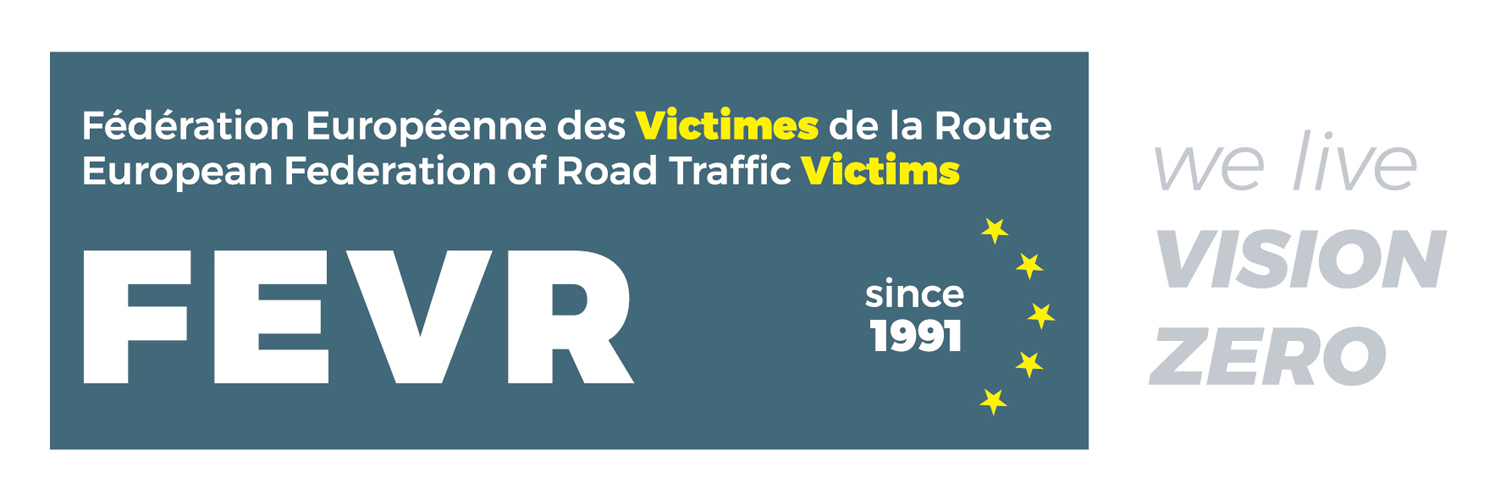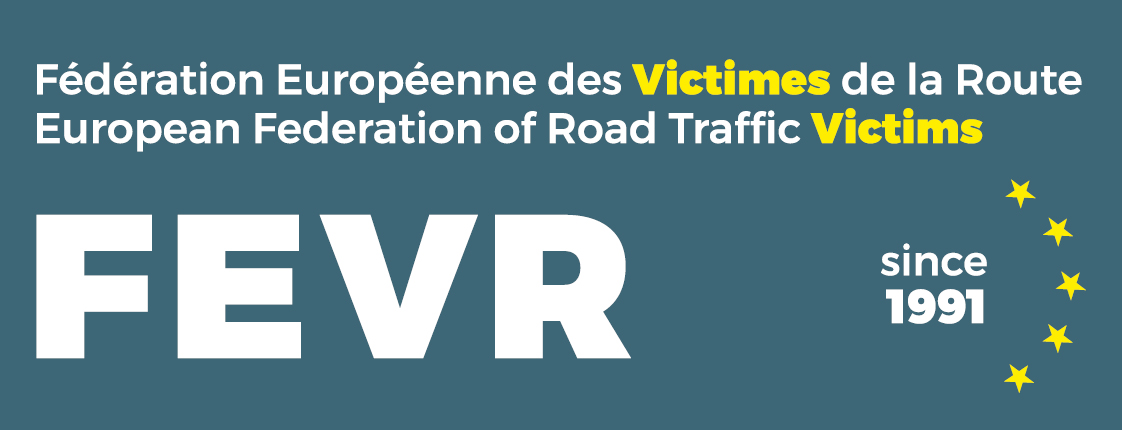
The World Day of Remembrance for Road Traffic Victims is a day of remembrance, reflection and awareness that is commemorated worldwide. This special day, which takes place every year on the third Sunday in November, pays tribute to all those who have lost their lives or suffered serious and irreversible damage to their health and to their surviving families in road crashes.
World Day of Remembrance
November 16, 2025
As every year, the objectives of WDoR 2025 are to provide a platform for road traffic victims and their families to:
- remember all people killed and seriously injured on the roads;
- acknowledge the crucial work of the emergency services;
- draw attention to the generally trivial legal response to culpable road deaths and injuries and advocate for an appropriately serious response;
- advocate for better support for road traffic victims and victim families;
- promote evidence-based actions to prevent and eventually stop further road traffic deaths and injuries
Every year, millions more road victims are added to the current toll of over 50 million killed and hundreds of millions injured since the first road death. It is an actual pandemic, affecting primarily our vulnerable and our young, which in addition to the trauma of injury and bereavement has also a devastating economic impact for countries, communities and families. Therefore, during the Decade of Action 2021-2030 the World Day has an important role of helping to achieve the 50% road casualty reduction target.
#WDoR2025
Lost talents
This year, once again, the three Federations and Partnerships — FEVR, IRVP, and FICVI — have united to amplify the global voice of road victims and their bereaved families. Building on last year’s strong collaboration, we continue to stand together and invite you to join us in showing your support and solidarity by sharing and promoting this year’s campaign materials.
When people are killed or severely injured in road traffic collisions before their time, the world loses more than just individuals — it loses their potential, their ideas, their future impact on society. They become lost talents. And lost talents become the soul of our platform.
The emptiness left behind after someone is killed or severely injured on the road is powerfully conveyed through scenes of an empty stage, a deserted sports field, or a quiet room — spaces where their presence is deeply missed, and their absence is painfully felt.
The statistic that “of all-cause mortality, road traffic injury remains the leading cause of death for children and young people” is straight-forward and haunting. That’s why we let it speak for itself and directly use it as the main message of our “Lost talents” campaign.
Materials will soon be available for download and use.
Slogan of the decade 2021-2030:
Remember. Support. Act.
REMEMBER
Today, on World Day of Remembrance for Road Traffic Victims, we come together to remember the countless people whose lives have been irrevocably altered, due to road traffic crashes. Beyond the cold statistics and fleeting headlines, it is essential to understand the deep and lasting impact that these events have on lives of individuals, families and society as a whole.
SUPPORT
Every year in Europe, thousands of people are injured with permanent consequences and many others lose their lives in road crashes. We remember and honour those who must learn to "live with the impact" of a road crashes. The emotional burden borne by victims and their families is often silent but overwhelming.
Each death is a tragedy that leaves a void that is impossible to fill in families. Each serious injury involves physical disability and psychological trauma that also affect people's quality of life, autonomy and self-esteem. The majority are invisible victims who do not receive an adequate post-crash response.
In addition to the personal impact, road crashes also imply an impact on society since the expenses associated with medical treatments, rehabilitation, long-term care and loss of work productivity are overwhelming. At European level, the economic costs of road crashes are staggering, representing a public health problem that requires immediate action.
ACT
On this World Road Traffic Victims Remembrance Day, we call on society, governments and institutions. It is time to take concrete measures to prevent road crashes, support victims and create a road safety environment in which everyone can live without fear.
Let's make road safety a priority, in memory of the victims and in honour of those who live with the consequences. Let's take measures, raise awareness and work together for a future where road crashes are a sad memory of the past and not a present reality.
English
German
French
Spanish
Campaign Toolkit
Campaign materials – Final visuals and toolkits for this year’s campaign will be available soon for everyone to use.
The Book: "Stories to be told, Voices to be heard"
The FEVR Book is a touching collection of stories, experiences of family members of victims; it also includes forewords of Mr. Jean Todt, United Nations Secretary-General’s Special Envoy for Road Safety, Mr. Etienne Krug, Director of the Department of Social Determinants of Health of the World Health Organization, Mr. Antonio Avenoso, Executive Director of the European Transport Safety Council, Saul Billingsley, Executive Director of FIA Foundation.
The Book was officially launched in November 21 and published in both electronic and paper formats.

Activities WDoR 2025
Share with us the activities you have planned to commemorate the World Day of Remembrance for road traffic victims







WDoR 2024
WDoR 2023

